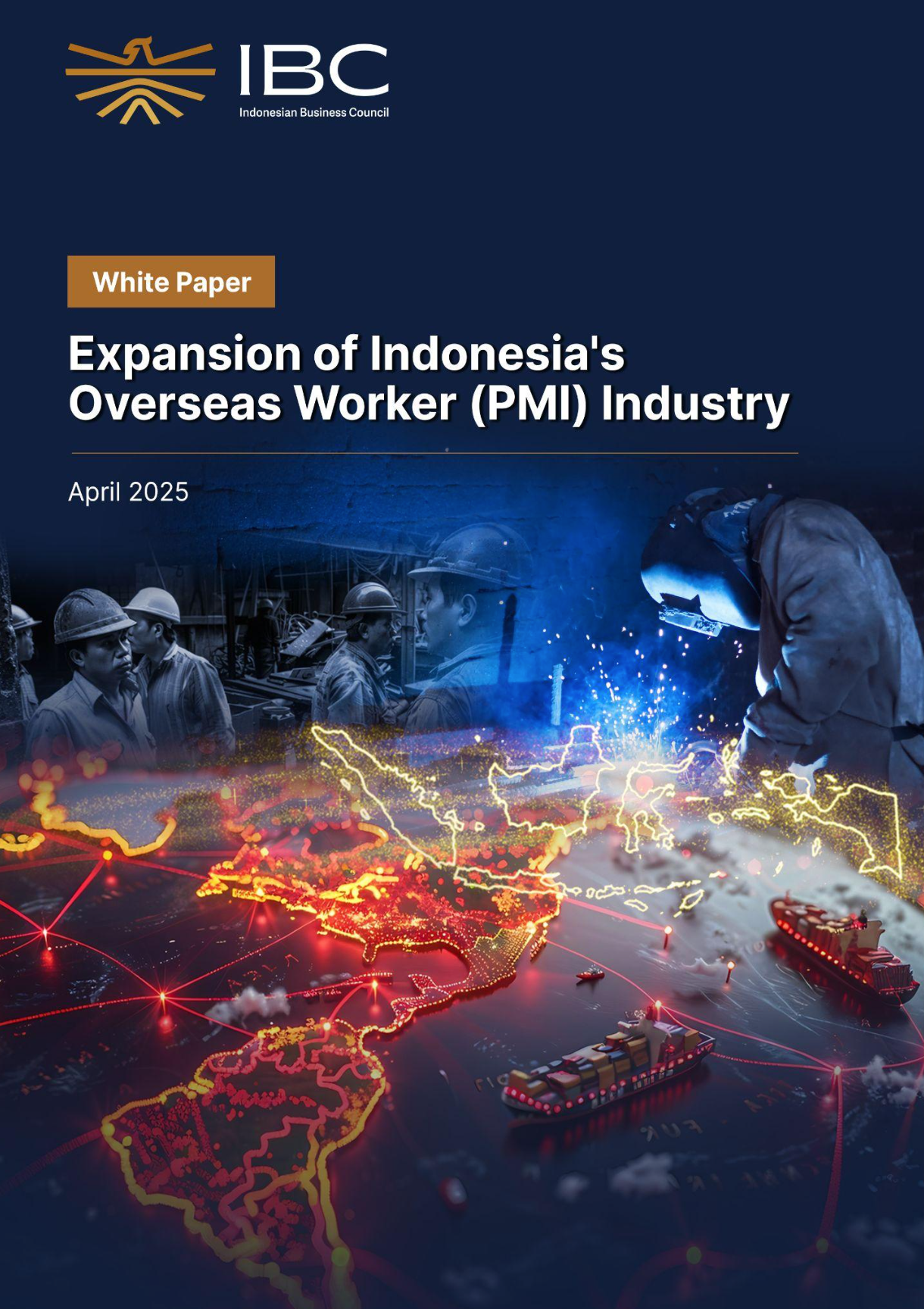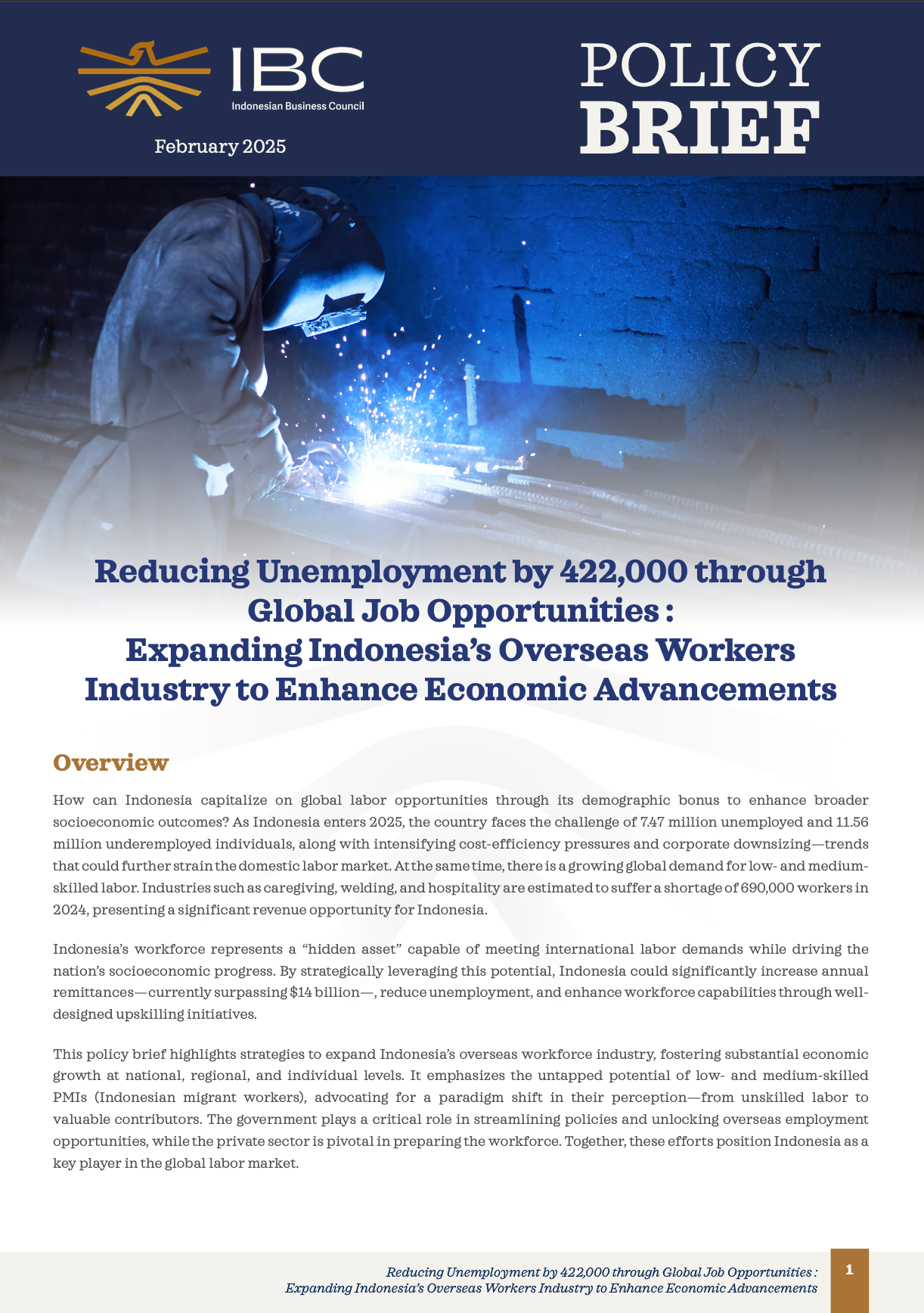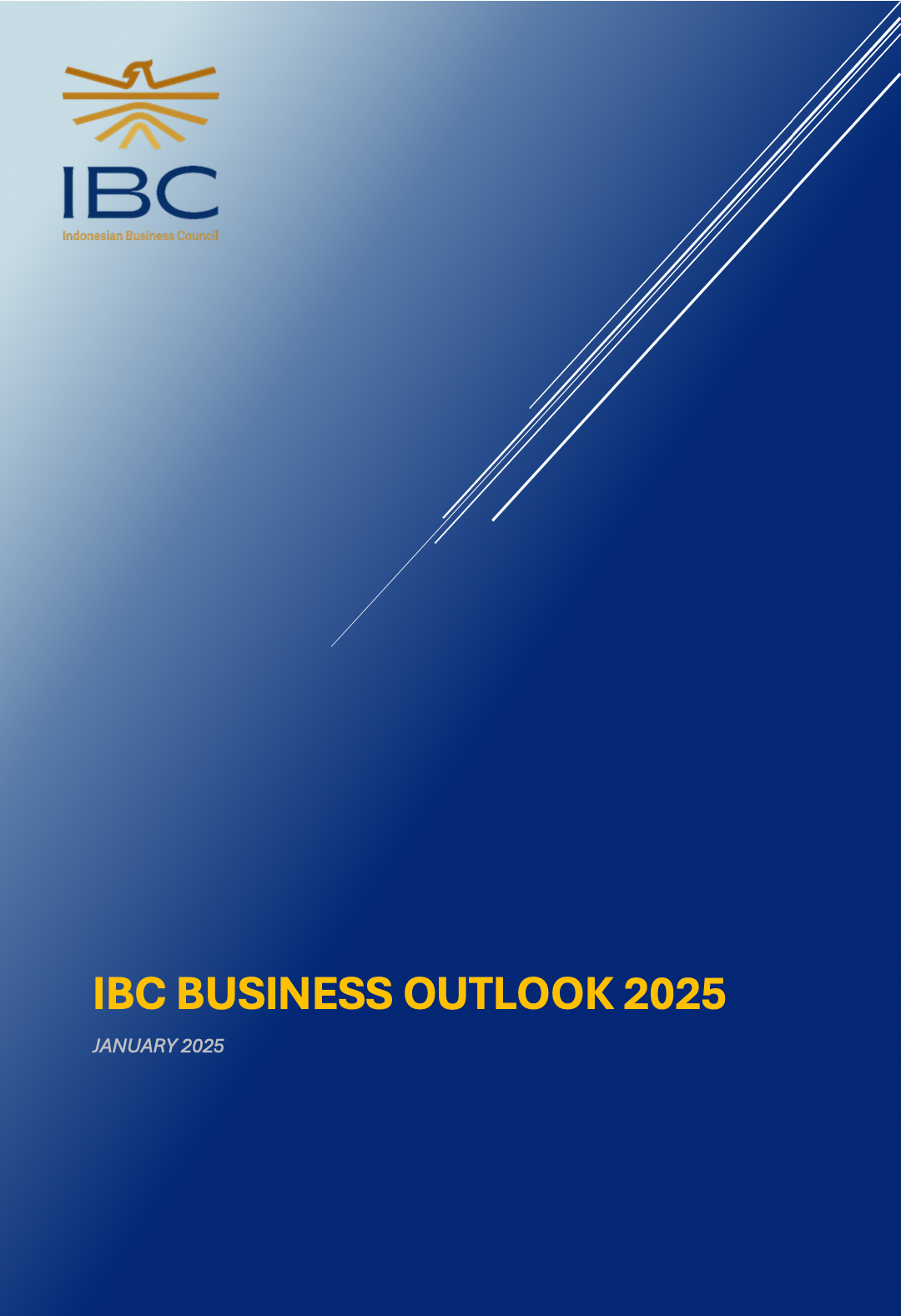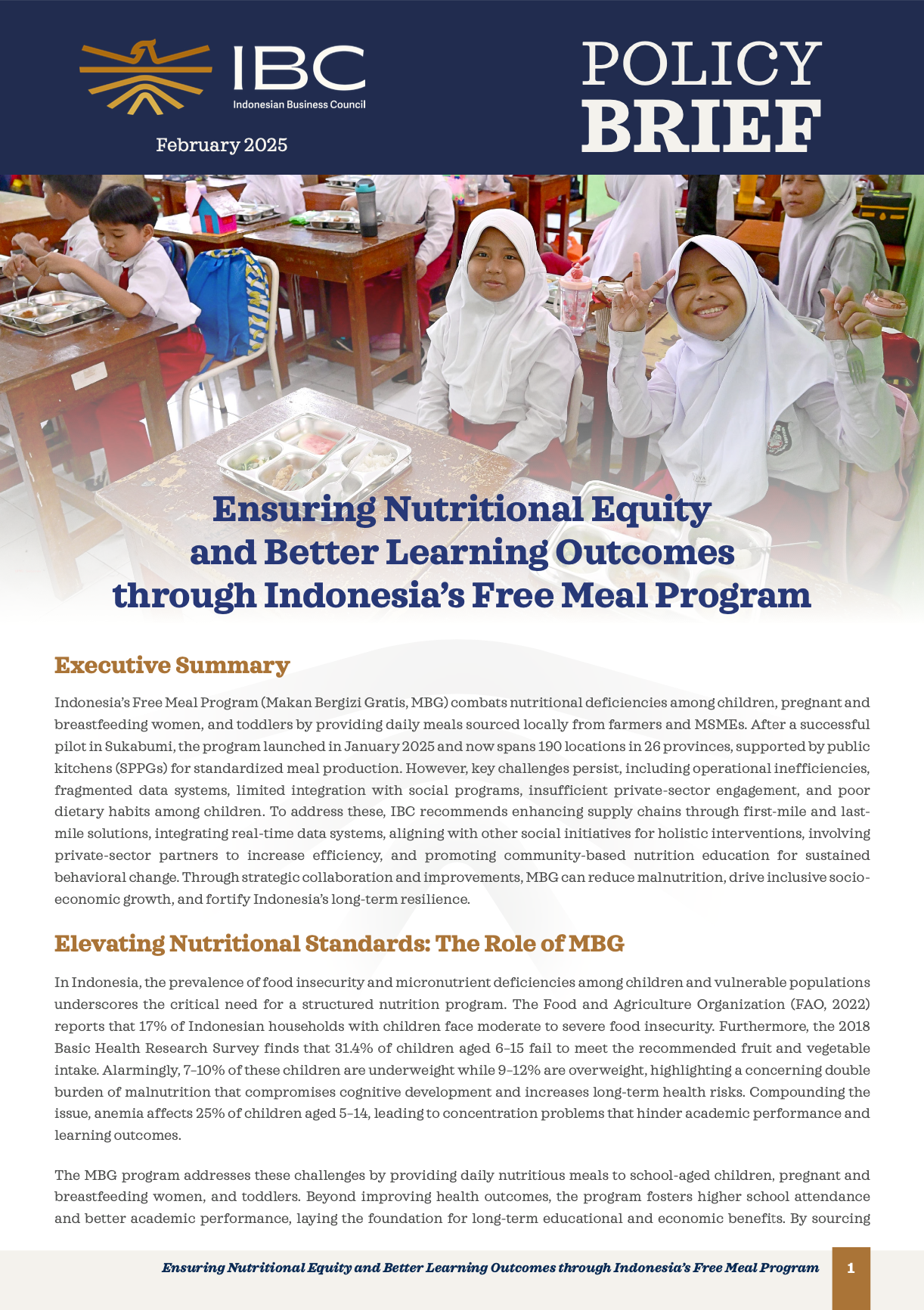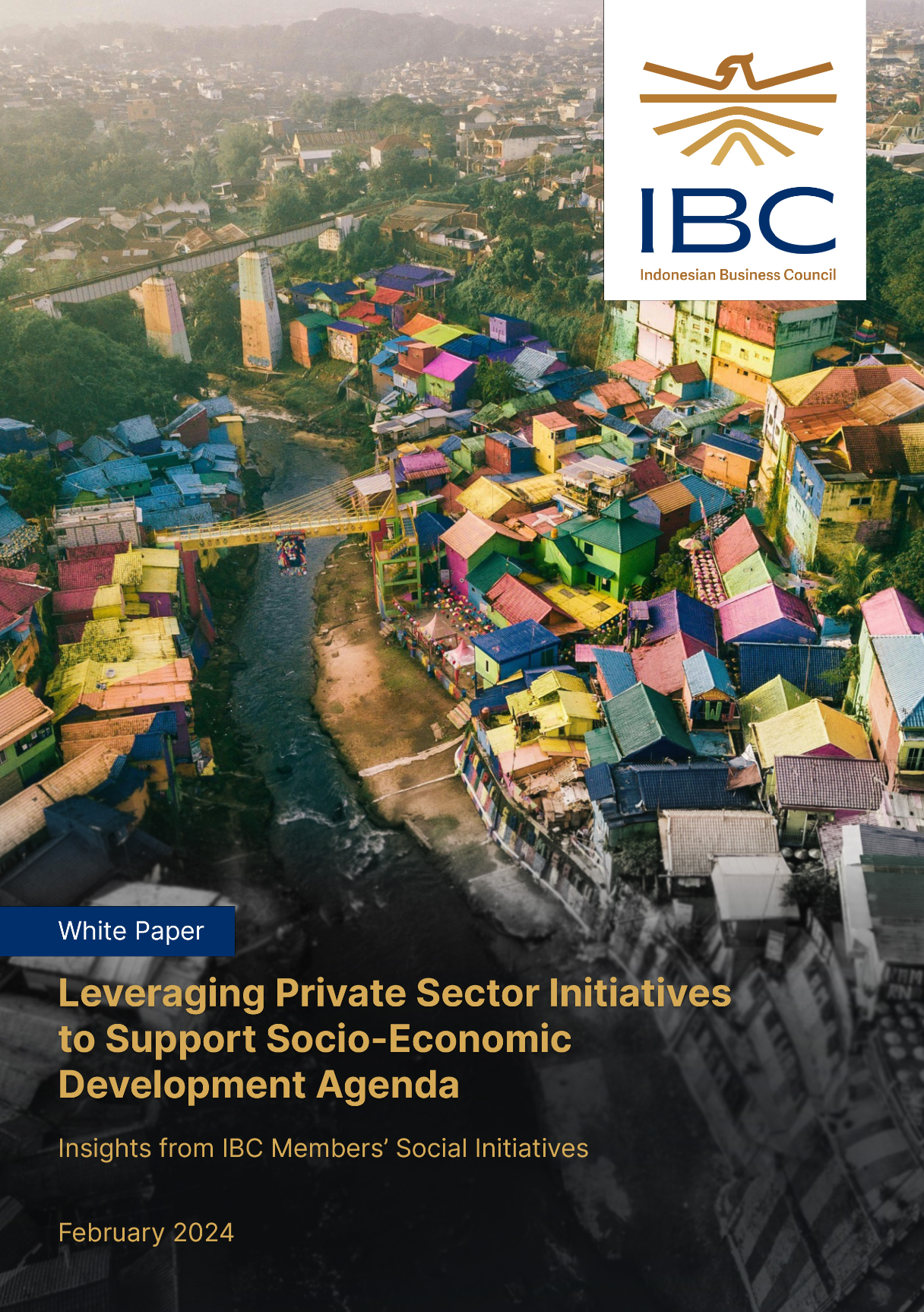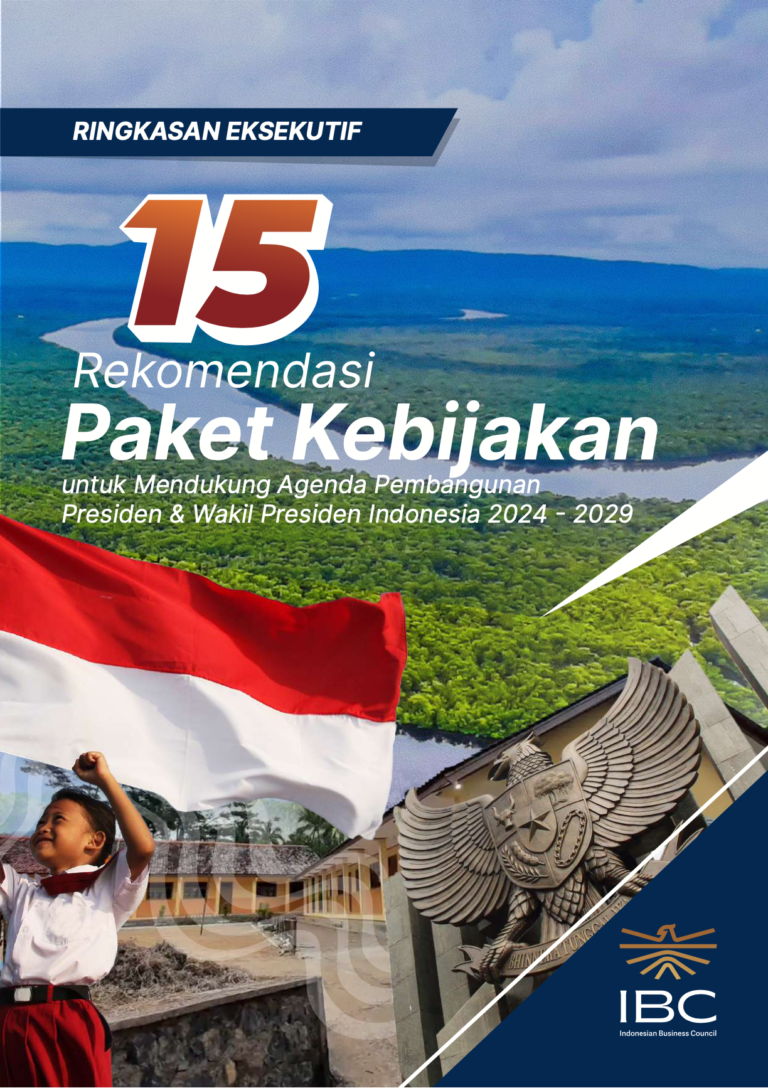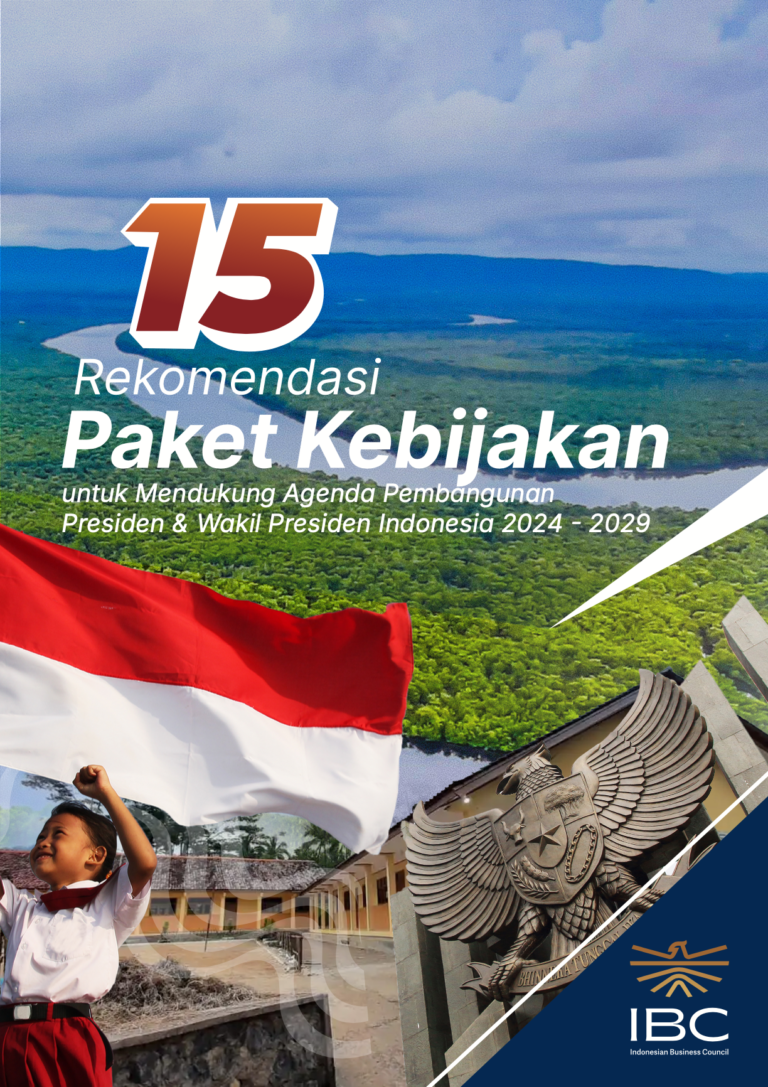Every year, hundreds of thousands of Indonesians seek overseas employment, supporting their families and contributing significantly to the national economy through remittances. However, the sector faces critical challenges, including vulnerabilities to exploitation, weak protection mechanisms, and gaps in skills and certification that hinder workers’ success abroad. The Indonesian Business Council (IBC) presents a study on the “Expansion of Indonesia’s Overseas Worker Industry / Industri Pekerja Migran Indonesia (PMI),” highlighting both its immense potential and the obstacles it faces.
To strengthen the PMI sector, Indonesia must adopt a more inclusive approach that recognizes the vital role of the private sector. A globally competitive migration system depends on collaboration among training institutions, recruitment agencies, employers, and financial institutions. The IBC report provides data-driven insights and practical recommendations to improve training, streamline deployment, and enhance worker protection—key steps toward developing a skilled, protected, and empowered migrant workforce capable of competing on the global stage.

